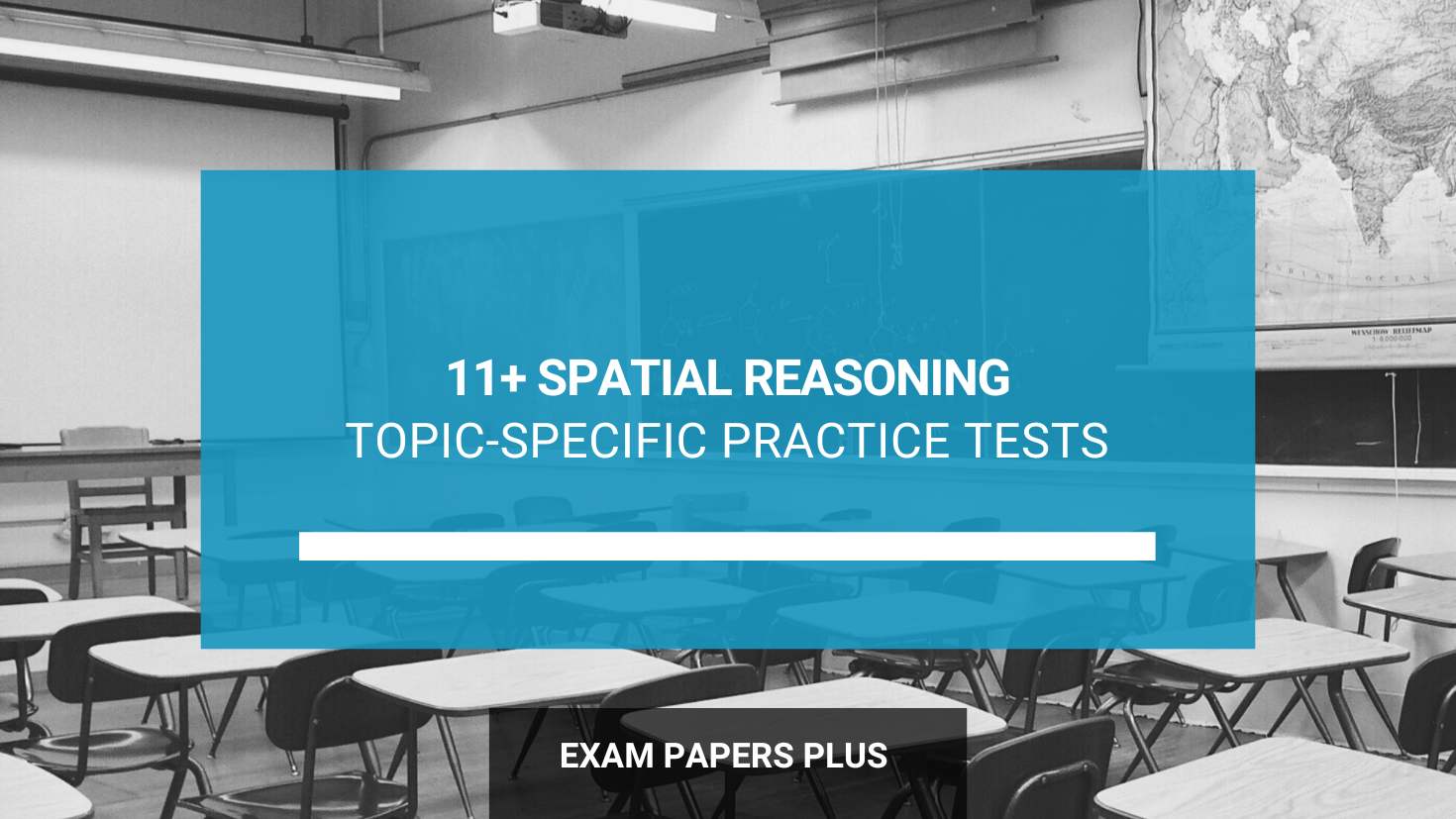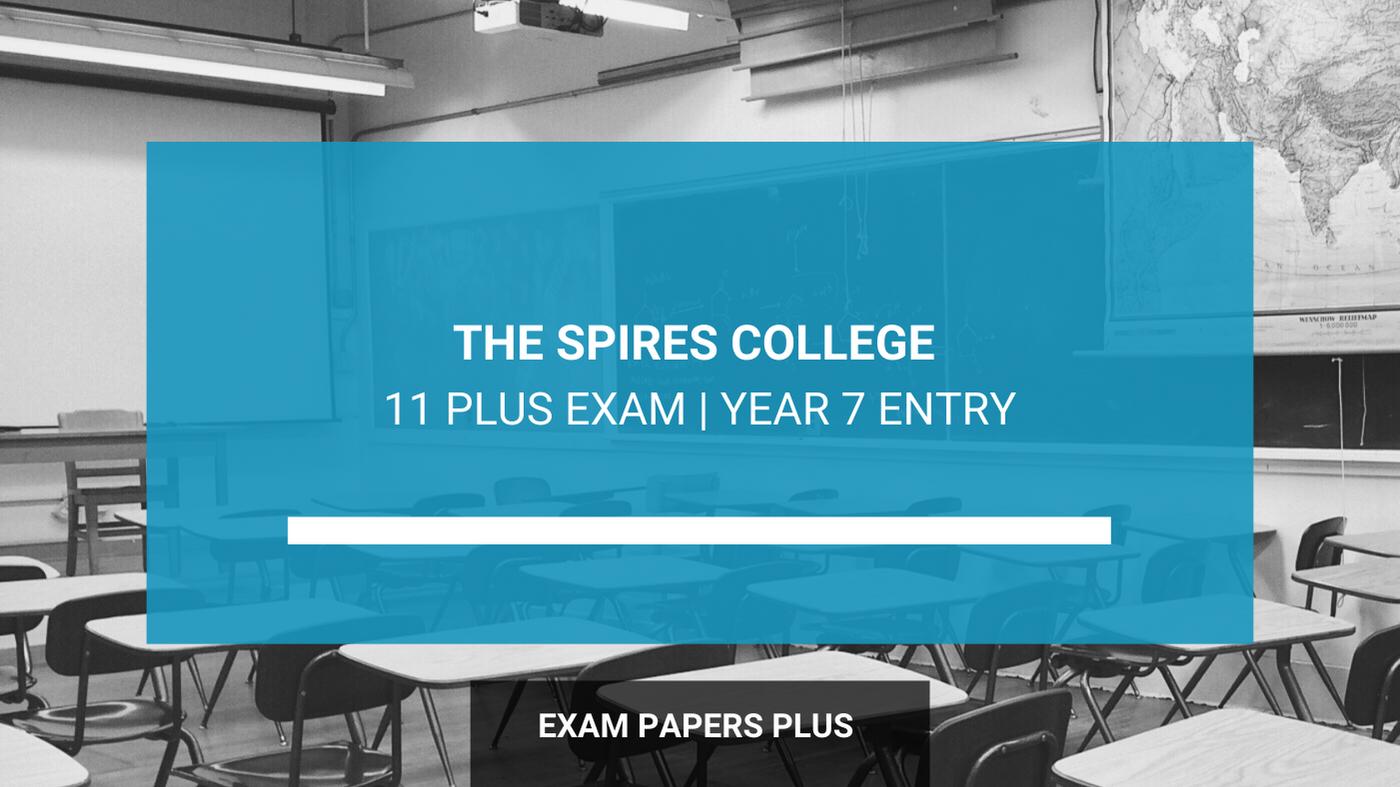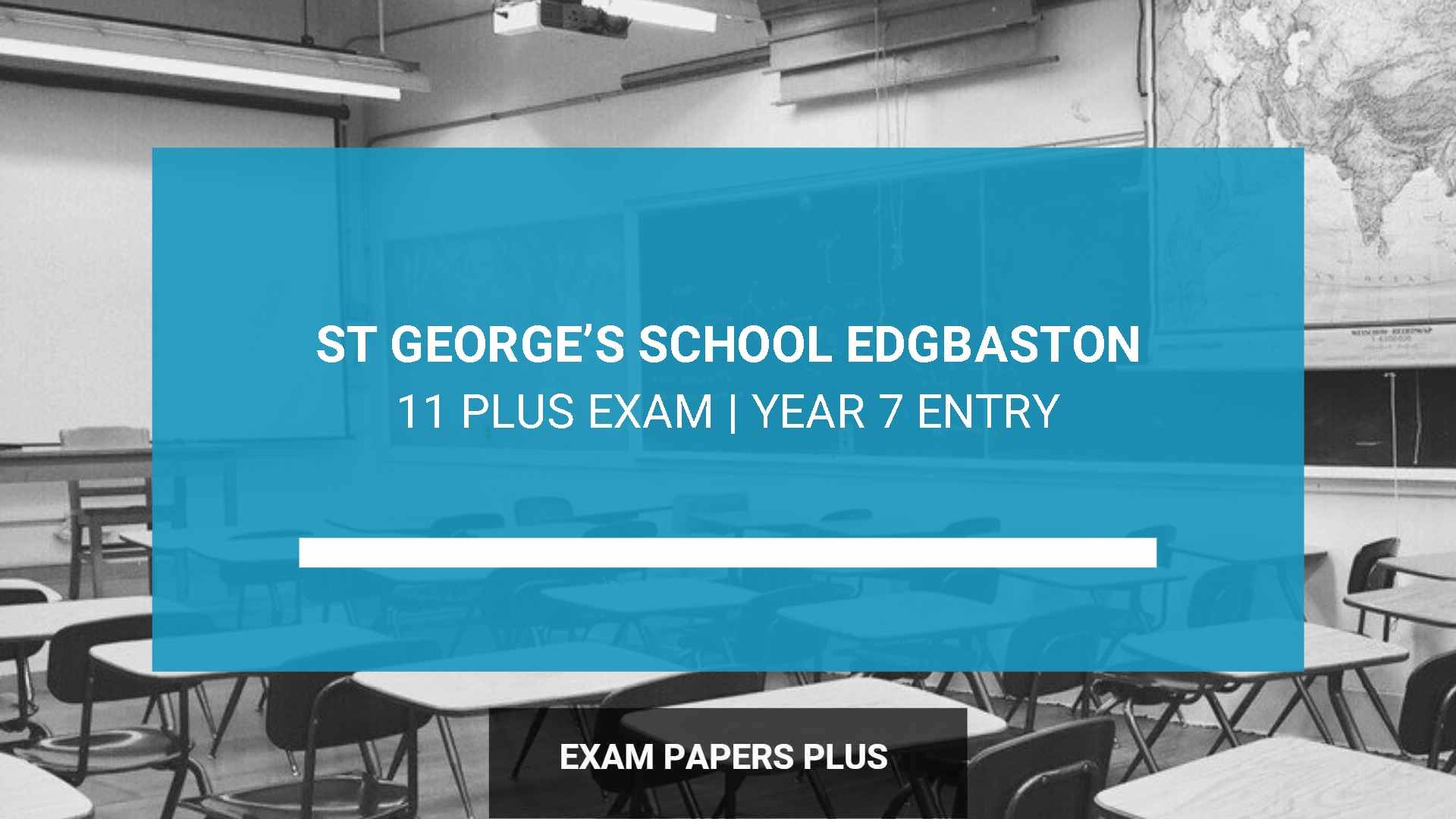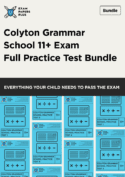
11 Plus (11+) Non-Verbal Reasoning Exam | What You Need To Know
Bookmark this page? Pop your email into the box below to receive a link to this article so you can easily refer back to it later.
Table of Contents
Introduction
As part of the 11 Plus exam, your child will sit a non-verbal reasoning test. Some children find this particular test very simple and have a natural aptitude; for others, it is a challenge. One reason some children find them so difficult is that they have simply never come across these kinds of questions before.
In this post, we look at how you can help your child prepare for the non-verbal reasoning test.
What is Non-Verbal Reasoning?
Non-verbal reasoning tests look at children’s problem solving skills using patterns and shapes rather than words. Questions include codes, puzzles, odd one out, shapes, rotation (spatial awareness) and other such skills that measure raw IQ.
Non-verbal reasoning focuses on a child’s ability to solve problems visually through analysing information and then using reasoning to reach an answer. It enables children to solve problems without relying too heavily on words. Non-Verbal reasoning tests can help identify children who have difficulties with reading and language
Non-Verbal Reasoning Questions
The questions your child will be asked in the non-verbal reasoning paper are focused on maths concepts. Expect questions that involve diagrams, graphs, shapes, mirrors and symmetry. Typical questions can include:
Odd Shape Out
From the five shapes shown, choose the picture that looks least like the other four. For example, a three-sided shape might be shown amongst four-sided shapes.
Folded Shapes
A series of shapes are shown with the first one relating to the others in some way. The question asks the child to work out which of the shapes would look like the first when folded
Shape Symmetry
These types of questions require the child to identify the mirror image of a specific shape from a selection of four or five possibilities.
Shape Sequences
A typical shape sequence question can involve working out the next shape in the pattern. For example, a large square might be split into four smaller square sections with the first section shaded. The child needs to work out the next shaded area in the sequence.
Identical Shapes
Five shapes are shown and the child has to work out which two are identical.
Rotation
This type of question might ask the student to identify how a shape would look when rotated 90 degrees clockwise.
Code Breaker
These types of question require the student to work out some sort of code. Typically, students are shown a combination of shapes and letters that refer to one specific image and are required to work out the code that makes up the image.
Missing Shapes
A series of squares are shown with one square left blank. From a series of options, the student is required to choose which of the sequences will complete the original series.
Nets
A series of 2D nets (folded out shapes) are shown and the student has to decide which one would make the corresponding 3D shape when folded.
How to Study for Non-Verbal Reasoning Tests

Before a child can begin studying for the non-verbal reasoning test, it’s important to understand what is being tested. Non-verbal tests are designed to assess critical thinking and logic and they provide a good indication of mathematical ability. This part of the exam tests a child’s potential intelligence through lateral thinking rather than learned behaviour.
There are a number of ways you can help prepare your child for the non-verbal reasoning test, including:
- Drawing shapes on paper and having your child recreate their mirror image. A good way to practice this is by folding shapes in half and using a mirror to check the results.
- Addition and subtraction exercises using objects. Rather than writing out sums, find some objects like marbles and have your child add and subtract them physically.
- Playing Maths games like Sudoku.
- Introducing Maths ideas in the real world. For example, asking your child to count out change in a shop, or add together numbers on a shop receipt.
- Using games like Lego to help your child understand how shapes fit together.
Introducing puzzle games at a young age can help your child to hone those skills needed for non-verbal reasoning; and young children often like these types of games. There are lots of brain training games, apps and puzzle books you can use, as well as 11+ practice books.
Non-Verbal Reasoning Exam Practice Papers
In our experience, with regular practice, most children quickly learn how to solve non-verbal reasoning questions – so practice makes perfect. These tests, once mastered, are often favourites with children, so don’t be afraid of the unknown and just make sure your child has lots of opportunities to practice this skill.
At Exam Papers Plus, our 11 Plus Non-Verbal Reasoning packs each contain 3 full-length practice tests that will help your child improve their Non-Verbal Reasoning skills. We’ve listed these below:
11+ Non-Verbal Reasoning Pack 1
11+ Non-Verbal Reasoning Pack 2
11+ Non-Verbal Reasoning Pack 3
11+ Non-Verbal Reasoning Pack 4
We’ve also produced a Non-Verbal Reasoning Masterclass, containing over 1100 original questions that perfectly correspond with the key question types and subcategories. Each video lesson can be watched an unlimited number of times. Click the link below to learn more:
11+ Non-Verbal Reasoning Masterclass
You can also take online practice tests containing Non-Verbal Reasoning on our other site: www.pretestplus.co.uk
Related Post:
The 11+ English Exam: What You Need to Know
How to Study for the 11 Plus Test
Bookmark this page? Pop your email into the box below to receive a link to this article so you can easily refer back to it later.
















